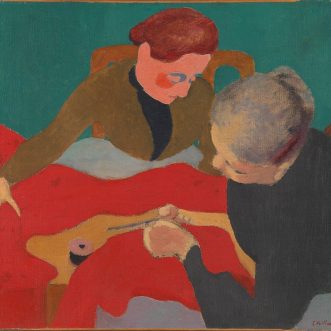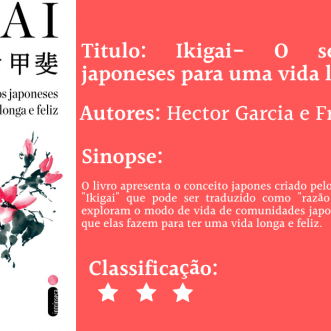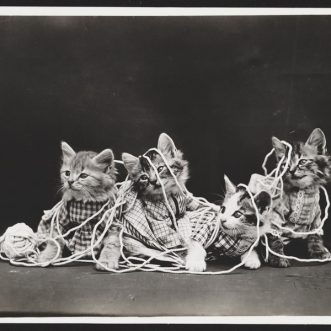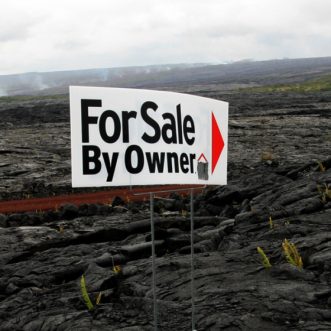
Game theory
One of the recurring ‘complaints’ voiced by presenters of shows like The Great British Bake-off, The Great Pottery Throw-down, The Great British Sewing Bee etc., is that the contestants insist on helping each other – right down to the final.
Our natural instinct it seems, is to play an infinite game with our peers.
Of course it is, because that’s the only way to make the real gains – new skills, alternative perspectives, increased self-confidence and a bunch of lifelong friends.
We only really win if everyone wins.











